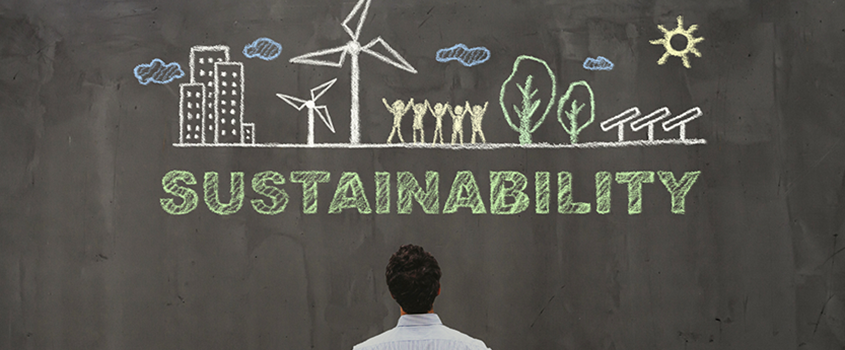republic onboarding
Internet Banking
-
Savings & Chequing
-
Savings Accounts
Growing up with a plan for tomorrow
For youths between the ages 13 to 19 years
Shape your future
Helps you to build your nest egg
Saves you time and money
The wise investment instrument
Earn more on your Foreign Accounts
Chequing Accounts
Bank FREE, easy and convenient
A world of convenience and flexibity
Invest and enjoy the best of both worlds
A value package designed for persons 60 +
Life Stage Packages
Banking on your terms
Getting married?
Tools & Guides
Make an informed decision using our calculators
Help choose the account that’s right for you
All Our Cheques Have A New Look!
-
-
Electronic Banking
-
EBS Products
Open a deposit account online
Pay bills and manage your accounts easily
Banking on the Go!
Welcome to the Cashless Experience
Top up your phone/friend’s phone or pay utility bills for FREE!
EBS Products
Make secure deposits and bill payments
Access your accounts easily and securely with the convenience of Chip and PIN technology and contactless transactions.
Access cash and manage your money
Where your change adds up
-
-
Credit cards
-
Credit Cards
Credit Cards
Additional Information
-
-
Prepaid Cards
-
Pre-paid Cards
-
-
Loans
-
overview
To take you through each stage of life, as we aim to assist you with the funds you need for the things you want to do
We make it easy to acquire financial assistance for tertiary education through the Higher Education Loan Programme
We make it easy, quick and affordable to buy the car of your dreams
Tools & Guides
Helps you determine the loan amount that you can afford
You can calculate your business’ potential borrowing repayments
Republic Bank's Group Life Insurance will provide relief to your family by repaying your outstanding mortgage, retail or credit card balance in the event of death or disablement.
-
-
Mortgages
-
Mortgage Centre
Republic Bank Limited can make your dream of a new home a quick and affordable reality
New Customers
Block for MM- new user mortgage process
There are three stages you must complete before owning your first home
Tools & Guides
block for MM - personal - mortgages
-
-
Investments
-
Investment Products
-
Establishing a learning legacy through sustainability
You are here
Home / Establishing a learning legacy through sustainability
Republic Bank appreciates the importance of improving the fate of all communities in which we operate and creating a legacy of sustainable growth for our stakeholders. To ensure this happens we've identified United Nations Sustainable Development Goals 7 and 13 as the Group's top priorities since signing on to the Principles of Responsible Banking namely: affordable and clean energy and climate action.
This is because we believe that our tangible commitment of lending money in support of these areas will have the most direct and measurable impact. When all of the Group's initiatives are brought together under this single commitment, they will cover everything from ensuring and improving energy security to combating climate change.
In order to achieve our Climate Finance Goal by 2025, we have pledged to lend, invest and arrange US$200 million toward activities that reduce the impacts of climate change and create environmental solutions in collaboration with our clients. For instance, we have increased our commitment to electric and hybrid car loans in our car loan portfolio, as well as loans related to the promotion of clean fuels, renewable energy use and technology, energy efficiency loans, and new construction loans that employ climate resilient technology.
In addition, the Republic Group has committed to achieving net-zero greenhouse-gas emissions in its financing activities over the long term. As I mentioned in our last conversation, we joined the United Nations' "NetZero Banking Alliance" on April 22, 2021, alongside other leading global commercial banks, to demonstrate our commitment to this goal. In support of these commitments, we will seek to meaningfully engage our key stakeholders across the Bank's functional areas to review policies, procedures, systems, and processes to ensure operational and risk tolerance alignment.
As part of this commitment, we also intend to make all our new buildings LEED certified (Leadership in Energy and Environmental Design), as well as make our existing buildings more environmentally friendly. In addition, as we move forward with our thrust toward increasing our focus on Diversity, Equity and Inclusion, we intend to take action on gender equality and have pledged to have at least 30% of our governance boards composed of female directors by 2025, with a goal of reaching 50% by then. While the glass ceiling was broken a long time ago, the transition of women into leadership roles has been a slow but steady process. We feel more than ever that now is the time for us to play our part in hastening this transition and setting an example for others to follow.
The initiatives we've mapped out under the PRB umbrella excites us at RFHL as they allow us to truly do what we can in the pursuit of building successful and sustainable societies.
COMPANY INFORMATION
Banking Segments
Press & Media
Contact Us
© 2026 Republic Bank Limited. All Rights reserved.







 Karen Tom Yew Jardine
Karen Tom Yew Jardine
